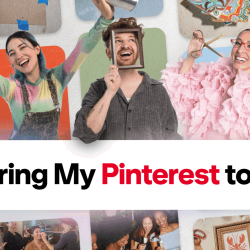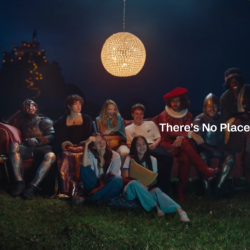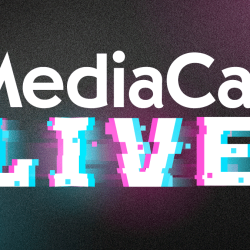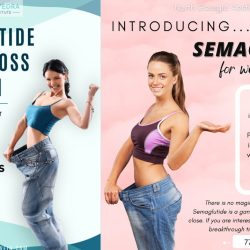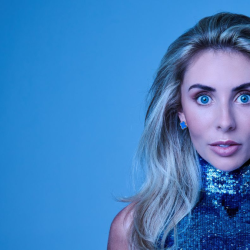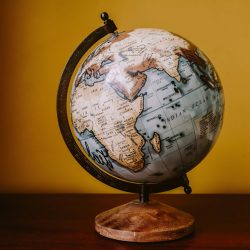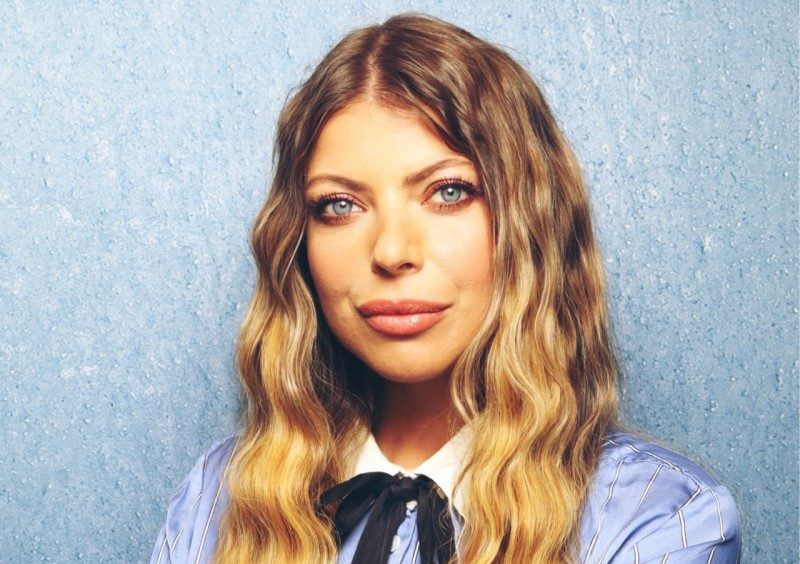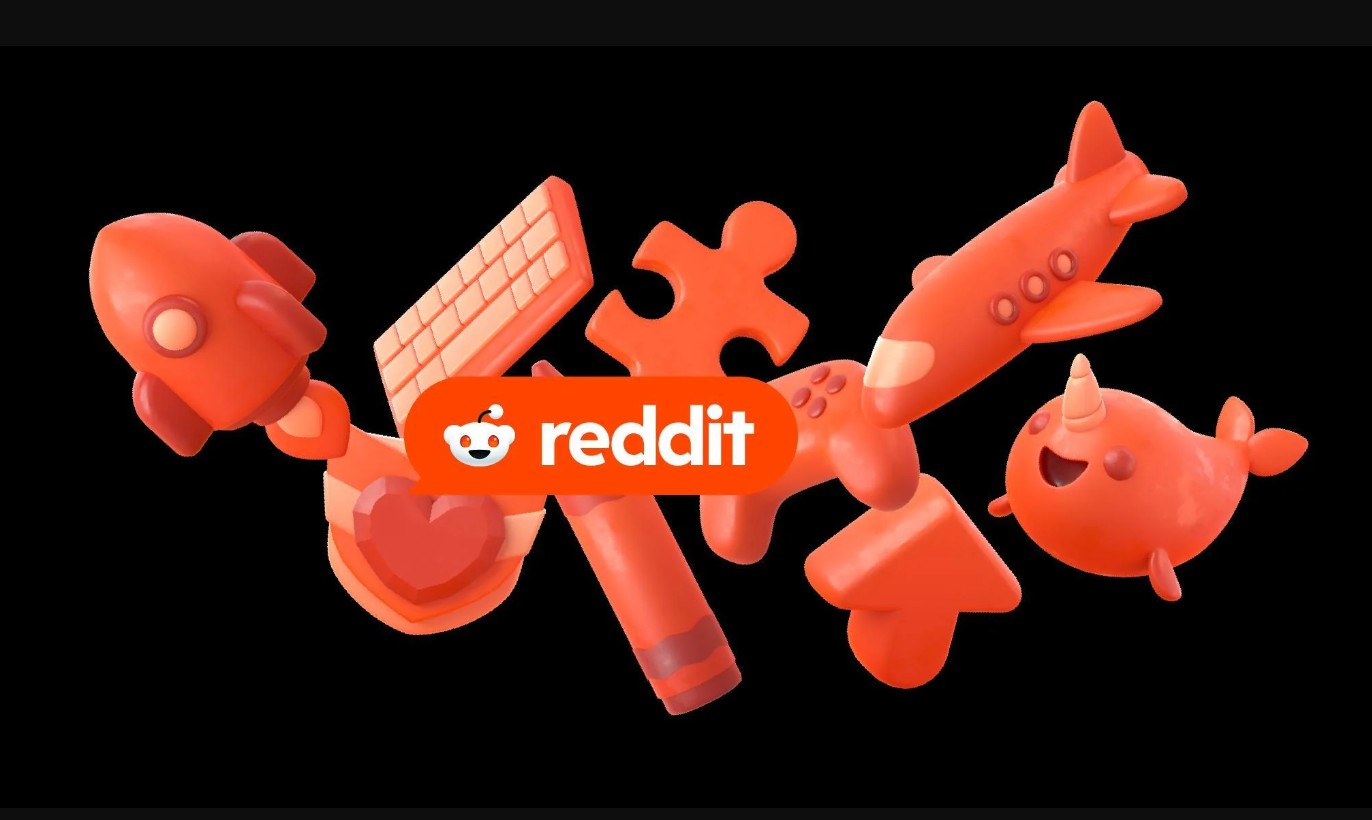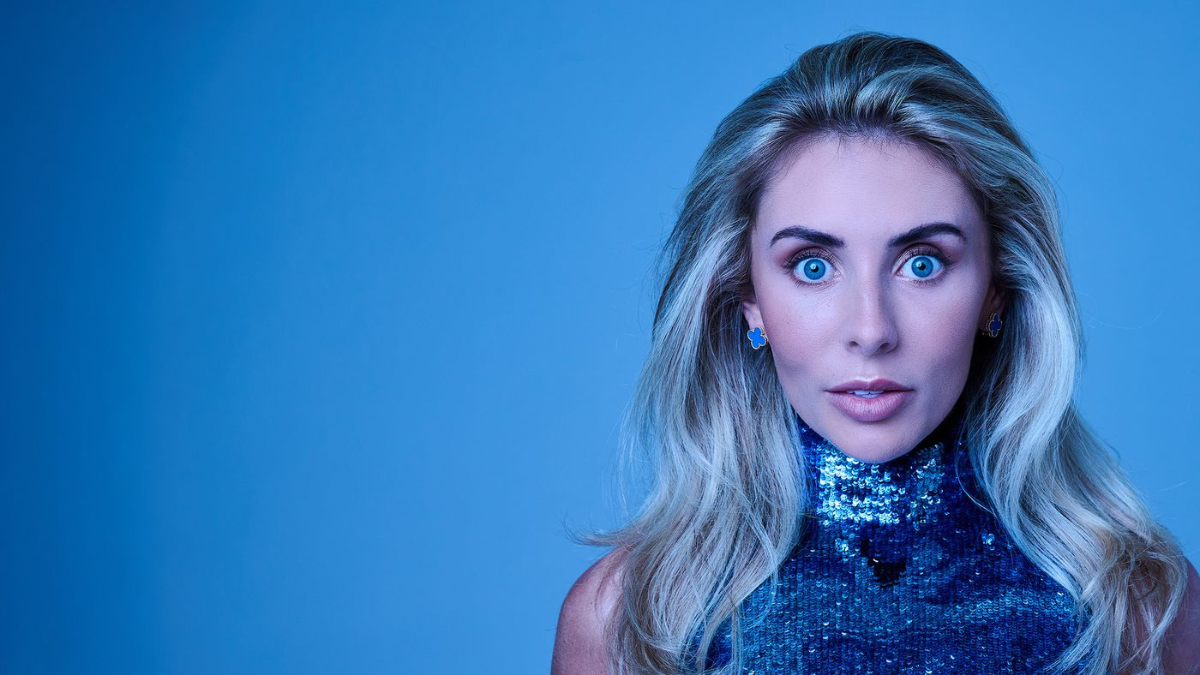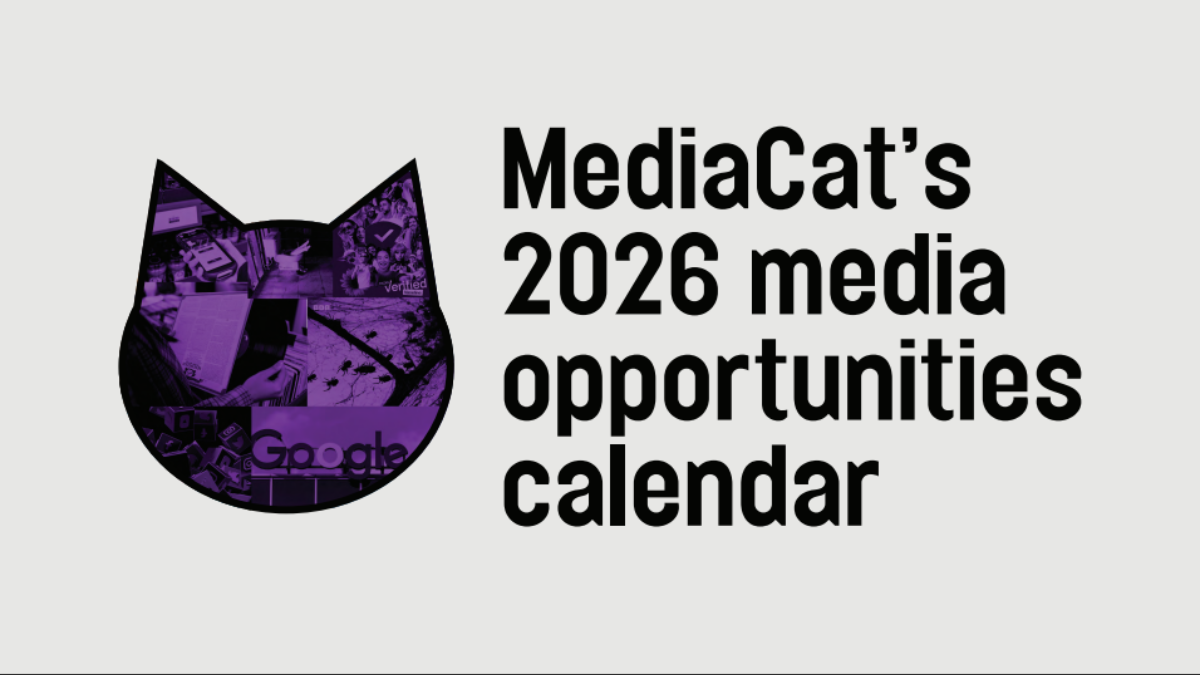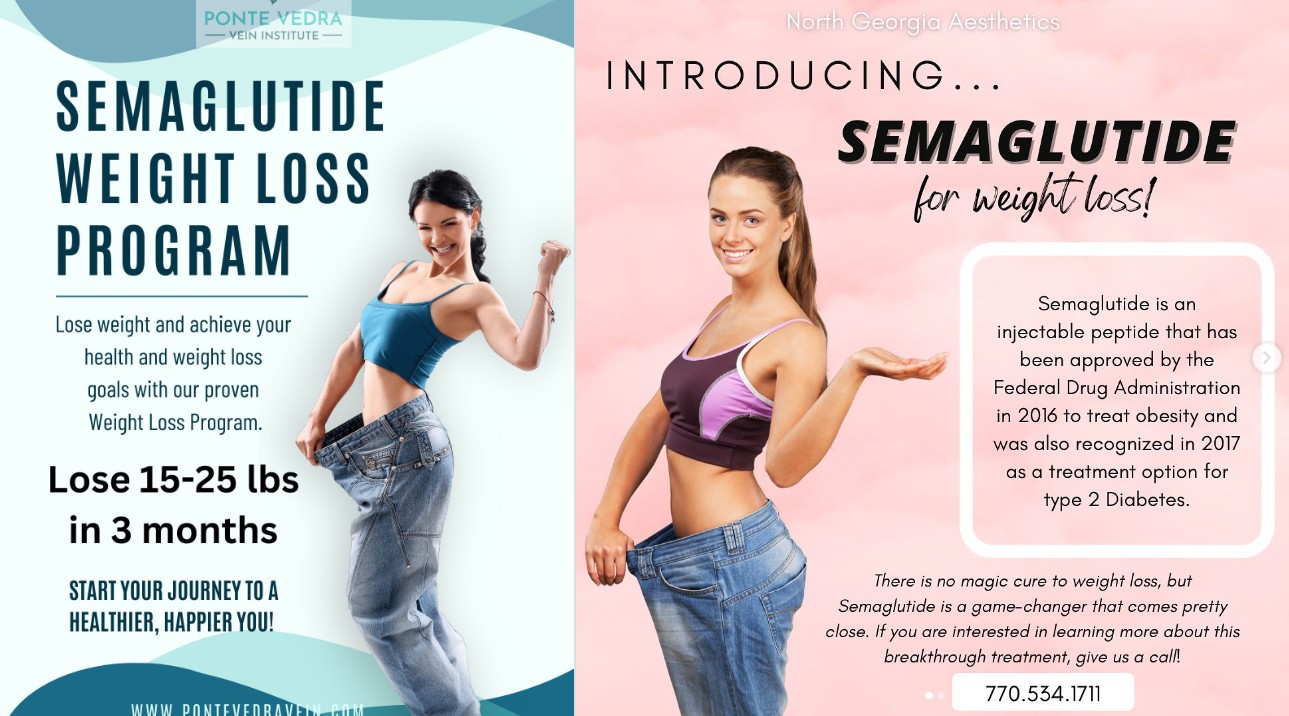Rachel Coffey got her start in media as an intern at MEC. She worked on the accounts for Paramount and Lionsgate Films, watching French art-house movies during her lunch break and then designing audiences for them.
‘I was like, “this is really cool!”’ she says.
After her internship, Coffey spent over 13 years at Mindshare, building strategies for brands including Nike, Red Bull and Unilever Beauty and working her way up to strategy partner, before joining Initiative in June 2024 as chief strategy officer.
In an interview with MediaCat at Initiative’s London offices, near St Paul’s, Coffey talked about 0% gender pay gaps, the future of media planning, and why the marketing funnel is…in trouble.
What keeps you interested in media planning?
At its heart, media is an empathy engine. Our job as strategists is about connecting with humans on a deeper level. I love challenging briefs. I love getting given a brief and thinking, ‘This isn’t right, how can we quantify this ambition? How can we turn this into something bigger?’
I don’t think as strategists our job is about shifting impressions; it’s about shifting perceptions and opening doors for people who might feel left out, or thinking about how we can service marginalised or overlooked groups: whether it’s building accessibility into a major campaign, or giving overlooked communities visibility in mainstream channels.
It’s a really interesting time to be in the industry because I think consumers are demanding more, and they’re demanding a lot more from brands to do better, especially Gen Z and younger audiences.
And unless you represent people, the work that you’re doing on behalf of brands just won’t perform commercially.
Are you confident that what you enjoy about the job will continue as AI is deployed to handle more tasks?
Oh, yeah. Absolutely. AI is such a nebulous word at the moment, but as a strategist, AI is a sidekick more than anything.
If we all just use chatbots to get our answers, we’ll have cookie-cutter answers on behalf of every single brand that we work for. So, it’s incredibly important to lean into your eccentricities and your original thinking.
There’s also a part of those LLMs that perpetuate bias, so you won’t get the right answer if you’re leveraging and relying on AI for the answers too much.
What does creativity in media planning mean to you?
It’s less about shiny stunts and more about using channels in ways that platforms didn’t intend, so leaning into something unique or different rather than what the algorithm might perpetuate.
I think this year retail media has overtaken TV in terms of global ad spend, and that’s something creative agencies aren’t really thinking about but media agencies are. [Editor’s note: WARC figures predicted global linear TV spend in 2024 would be $153.6bn, while retail media spending would reach $154.8bn]
So thinking creatively about how we show up or how brands show up is really important. I love working with creative agencies. I think we do some of our best work with them. But I think it’s for us to think, how is that going to be seen? What’s the first time someone might see or interact with a brand? It won’t be through a 30-second TVC, it will be through an off-site retail media channel or moment. We’ve got to think about how we breathe culture into those things.
If you were starting again in a media agency, what would you do differently?
When I started in media 15-plus years ago, it was a very different world. All these platforms that we’re talking about didn’t exist, and probably 60% of the ad spend was going into linear TV. So media has changed and diversified, and it’s really difficult to keep abreast of absolutely everything because new platforms are just launching at every moment, and I can’t stand here and say I know loads about Discord and Reddit.
I think it’s not as important for me as an agency leader to spend loads of time obsessing over how we master every platform. It’s important for me to think about how we spend more time building the muscle of asking better questions, to the brands and to the platforms.
Platforms change and tools change, but I think critical thinking and cultural curiosity and inclusion fluency are the things that set great strategists apart.
And I would ensure that I recruit from varied pools. When I was recruited, you couldn’t get an interview or an internship without a university degree, and I don’t think you need a university degree to do our job. I don’t think you need to come from a privileged background.
It’s really important for us to think about how we are working with people from lots of different backgrounds and how we’re creating a diverse workforce.
I don’t know how many, but I’d say a vast proportion of my strategy team has a form of neurodiversity. And one of the reasons that I was really drawn to Initiative was that when I joined, we had a 3% gender pay gap, and we now have a 0% gender pay gap.
Is that across the whole group or in the UK?
All media brands in the UK. So this building that we’re sat in has a 0% gender pay gap.
Are you alone in achieving that among media agencies?
I think in terms of the bigger agencies we are.
And I have a huge amount of respect for all of the places that I’ve worked, but it’s a bit soul destroying when you’re a senior female in the industry and your male counterparts are being paid a lot more than you for the same work. I think there’s still a glass ceiling. I think media is getting better, advertising is still worse.
What sort of sources of information do you use that make you a better strategist?
For me, and I say this to my team, it’s about mixing data with lived culture. I think those two things, being a bit of a geek and reading stuff and scrolling around LinkedIn and snooping through drives and other people’s work is really important. Obviously, we have access to the IPA, Kantar, GWI, TGI, TouchPoints. Contagious and WARC have a huge amount of stuff. Think-tank papers. But also, I go to things like a drag brunch, and look at streetwear drops, and I read things like Hypebeast and Highsnobiety and Vogue Business. Last week I was at a techno festival.
Staying engaged in culture that interests you and keeps you curious is the most important thing, and expanding your mind in lots of different ways.
How do you think media planning and buying will change in the future?
Our industry will be more about engineering culture and thinking about how we can translate a brand ambition into lots of different touch points, and how we can flex and understand those in real time.
Will there still be a distinction between buyers and planners?
I think all buyers will have to become more like planners because if there’s more automation, everyone has to think a little bit more about the orchestration of that automation… that was a tongue twister.
One of the things I love about Initiative is our core proposition: fame and flow. We believe that all brands need fame and flow to grow.
What’s flow?
If fame is fundamentally about connecting people to things in culture, flow is about making those journeys more seamless.
It’s an intentionally big thought that sits outside of just paid media. So, you’re thinking about how you’re facilitating website transactions, how you’re making a brand more findable online, and footfall — how you’re connecting lots of different things in the ecosystem.
You’ve recently been talking and writing about how the funnel is fucked. What do you mean?
Don’t get me wrong, the funnel is a very important tool. But it was invented as a construct 130-plus years ago by an American advertiser. I’ve forgotten his name. It’s Elmo something. [Editor’s note: It’s Elias St. Elmo Lewis.] But he invented that construct at a time when people were literally selling soap off the back of a horse and cart.
I don’t think people move in these straight lines anymore, where you see something, you consider it and then you convert.
Social platforms have turned scrolls into storefronts, AI is becoming this concierge of discovery, and 50% of beauty searches in the UK now happen outside of Google. So people are starting their journeys in very different ways, and that means PPC isn’t what it used to be. People are jumping from TikTok to a D2C site to a resale marketplace, and they’re doing that in minutes.
We did an amazing campaign for Deliveroo with Mob Kitchen last year, and we worked with the in-house team at Deliveroo where we were able to serve recipes on Instagram, and then you could swipe and immediately all of the ingredients would be put into your basket on Deliveroo.
So, the idea of a brand ad and a performance ad is redundant when we’re talking about something like that because every single thing existed in that one moment.
Is the same chain of mental states described in the funnel still happening, just within a shorter time frame, or is it a completely different process?
It depends on the category. I think the media ecosystem has really changed. Potentially, the funnel is still a useful construct for understanding how people buy a vehicle or other high-price things.
How should brands adapt to the funnel being fucked?
I think we need to stop mapping these consumer journeys as if people are obediently going from A to B to C. I think we now need to build media plans for a world where people can enter and exit at absolutely any point. So, whether your product is being found organically or being pushed out through a paid ad, we need to think about how we are tagging and structuring content for LLM discovery.
Everything can be performance media now. You might buy something straight off a TV ad or a cinema ad, or you might buy something straight from an LLM — they’re not shoppable yet, but they will be within the next six months, and I think that is going to radically change how we think about brand and performance media.
Any other particular interesting media trends that you think are significant at the moment?
We’ve done some really, really cool things over the last year or so in the world of agentic AI.
I’ve talked about algorithms buying on behalf of media agencies a lot, but I think once algorithms can autonomously execute tasks, becoming a personal shopper, the shape of search and media is going to change massively.

